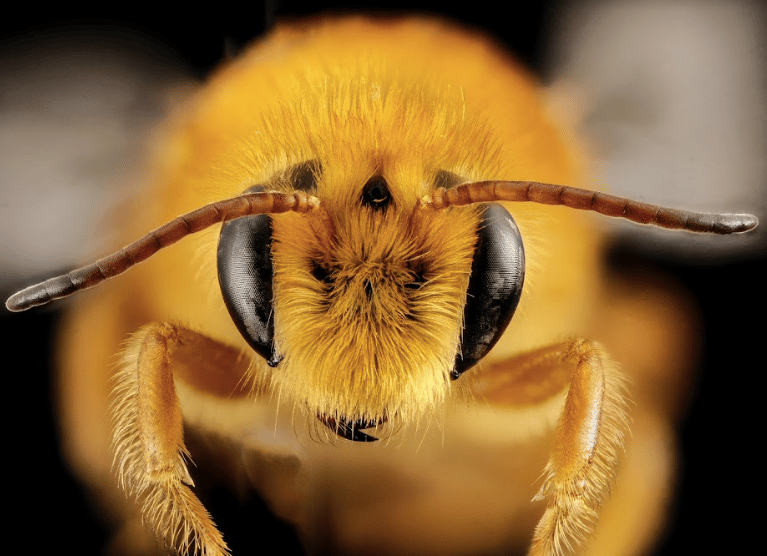I: Where did the idea for this original book come from?
J: Trained as classical biologist I build my career on the study of animal sensory systems and their communication. By chance and good luck, I stumbled across honeybees very late in my career. These two facts turned out to be a good premise, for what now also materialized in my new book: being trained as a scientist but not raised in a scientific honeybee/social insect school. Therefore open for all what I see, not only what I expect to see. By the time I started with bees I did not know more about them, than most people do (they sting and make honey) and of course had heard about the famous “dance language”. After studying the honeybees for a while without any hypothesis, reading publications was the next step. In quite some details I did observations different to what I could read. This was also true for the communication behaviour in the bees. Retired a few years ago I finally had the time to study in great depth publications in journals and PhD-projects to figure out what was the basis the idea of the so-called “dance language”.
In my new book I summarize to which result I got, present a new model of the recruitment communication in honeybees, and suggest a to-do-list for future generations of honeybee scientists.
I: What is your book about and who is it addressed to?
J: The “dance language” in honeybees caught not only the interest of biologists, but also linguists, psychologists and philosophers, because as one consequence of the notion of a “dance language” the honeybees have been raised to a level above all other animals. To cite just one of the statements that followed, until today: “Only human beings and honeybees possess the ability to guide others to an important location by providing abstract information – its direction and distance from the current location”. So, experts from different fields may be interested in the new book.
Because the “dance language” in honeybees is solid anchored in curricula at schools and universities, teachers and lecturers are an audience of high importance for me.
I: Where did the idea of writing this book come from?
J: My major interest is in the interaction between animals and their environment and between each other, i.e predator-prey relationships and intraspecific communication. I studied communication and sensory systems in caterpillars, crayfish, fiddler crabs, wasps, ants, termites, electric fish, tropical tree frogs and more, and finally the honeybees. Trained also as a physicist stimulated me to look steadily for new technologies that could be used in my studies. The communication in honeybees I find utmost fascinating because all individuals move around freely, but the colony acts as a whole, like one single organism. Information processing has a major role for the well-functioning superorganism honeybee-colony.
I: How long have you been involved in beekeeping?
J: I had kept five honeybee colonies for 25 years, but gave it up recently for health reasons.
I: Where did your passion for beekeeping come from?
J: Already as a child I was fascinated reading about honeybees. It started by reading a popular written book by Karl von Frisch, I had bought from the pocket money I got from my parents. This “silent love” never left me, but I had never thought seriously about to study them. Age of 45 I got as a donation by Martin Lindauer, a famous late honeybee scientist, a honeybee colony. I had no idea how to treat them and what to do with them, but nevertheless put them with the support of an experienced beekeeper up in our garden. That was the beginning of what kept me busy until today.
I: What do you think is the biggest difficulty or obstacle for beekeepers today?
J: In my opinion the biggest obstancle are environmental problems. Of course, also deseases and parasites, like the Varroa mite, pose problems, but each beekeeper can do something about it. However, each beekeeper can do very little or even nothing about the loss in biodiversity and the heavy use of agrochemicals that are harmful for honeybees and lots of other animals. Both I think are the biggest problems for honeybees and beekeepers.
I: What advice would you give to someone who wants to approach the world of beekeeping for the first time?
J: Look for an experienced beekeeper and let you guide through the first 2-3 seasons of keeping bees..
